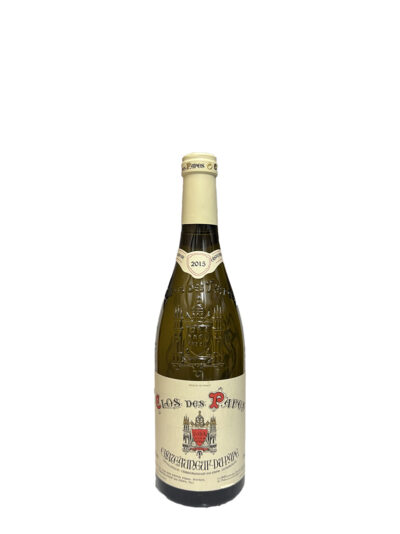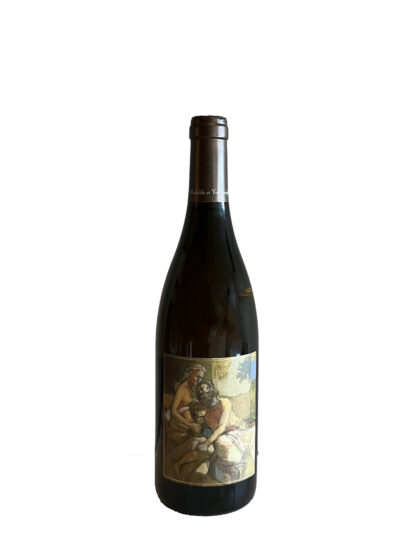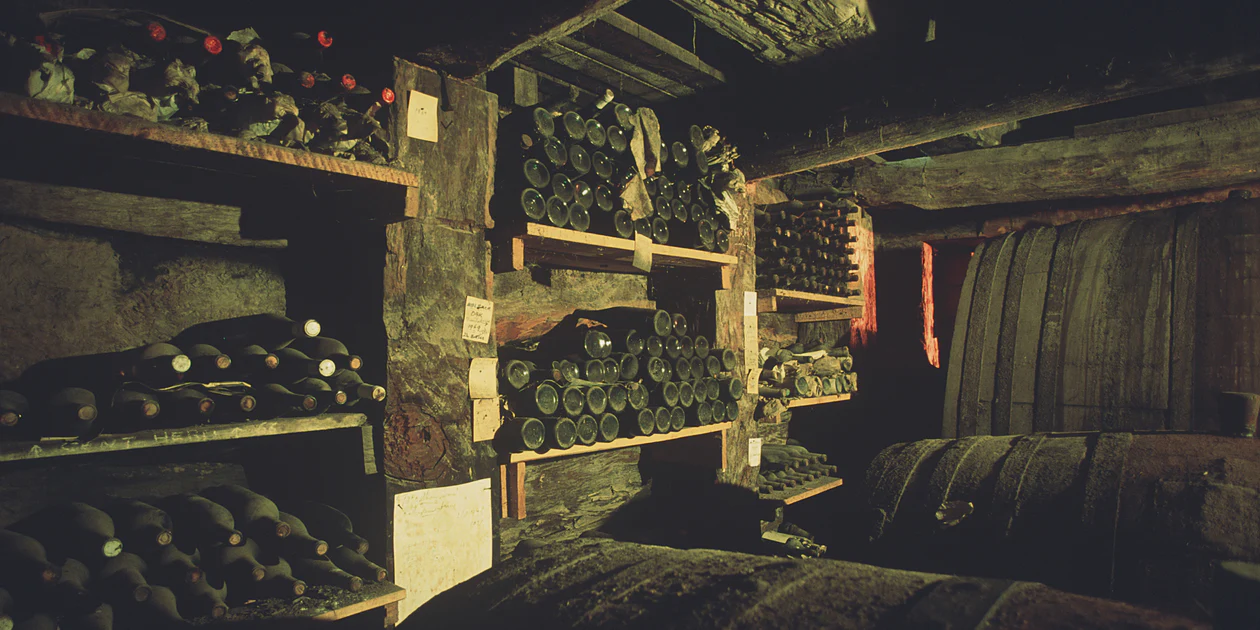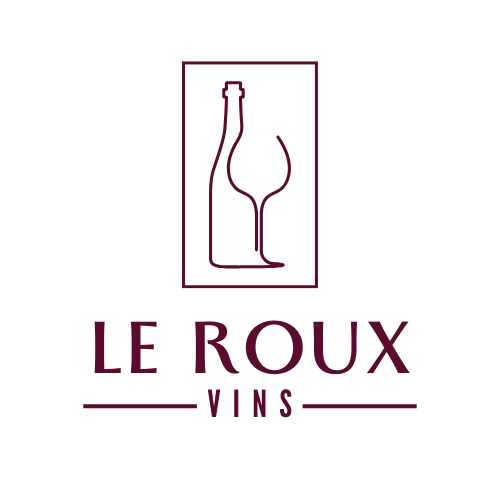-
×
 Châteauneuf du Pape Blanc 2015, Clos des Papes, Paul Avril
CHF 105.00
Châteauneuf du Pape Blanc 2015, Clos des Papes, Paul Avril
CHF 105.00 -
×
 Condrieu 2018 Gangloff
CHF 135.00
Condrieu 2018 Gangloff
CHF 135.00
Zwischensumme: CHF 240.00
Over the past few months, the wine industry has once again found itself navigating stormy political waters. In early 2025, the United States reinstated a set of commercial tariffs on European wines, reigniting a long-standing trade dispute and sparking concern across vineyards, import warehouses, wine shops, and dining tables alike.
As a European wine professional and curator, I have been observing this development closely — not only because it affects how I do business, but because it touches every level of the wine world, from the independent winemaker in Burgundy or Piedmont to the American wine enthusiast hoping to explore new vintages. In this post, I want to break down what these tariffs are, how they are shaping the present and future of wine, and what responses — practical, creative, and resilient — are emerging across the industry.
Let us look at the situation through the lens of those most directly affected: the consumer, the producer, and the wine professional.

The new US wine tariffs, imposed in early 2025, are part of a larger set of trade policies aimed at reducing dependency on foreign imports and protecting domestic industries. While this may make sense in certain manufacturing sectors, the application of such tariffs to agricultural and cultural goods such as wine has proven to be deeply disruptive.
These duties specifically target European wines — mostly from France, Italy, Germany, and Spain — with still wines under 14% alcohol being among the most affected categories. Tariffs range from 25% to, in some cases, over 100%, depending on the classification. This means that the cost of importing a bottle of European wine into the US can now be significantly higher, creating a ripple effect throughout the distribution chain.
For many, this is not the first time. Similar tariffs were imposed in 2019 and partially lifted in 2021. But their return — and potential expansion — signals a worrying trend, especially for those of us committed to maintaining strong transatlantic relationships in the world of wine.

For American wine drinkers, the most direct and visible impact is the rise in prices. A bottle that might have cost $20 in 2024 could now sell for $30 or more. The extra cost is often absorbed not by the producers or importers, but by the end customer — especially when wines pass through several hands before reaching the shelf.
In addition to the financial impact, consumers may begin to notice a decrease in the variety and availability of European wines. Smaller importers may find it unfeasible to continue working with boutique European estates, and wine retailers may shift their focus to domestic or New World producers.
From a cultural standpoint, this also risks reducing access to some of the world’s most important wine traditions. When cost becomes a barrier, curiosity suffers. And that is a loss for everyone.
For producers across Europe, particularly smaller, family-run estates, the consequences can be severe. Many of these wineries rely on consistent exports to the US, which remains one of the largest wine markets in the world. The sudden imposition of new US wine tariffs can disrupt contracts, delay shipments, and create uncertainty in an already competitive environment.
Faced with shrinking US orders, some wineries are left with surplus stock they had already allocated for export. The pressure to discount or find alternative buyers can threaten already tight margins, especially for those operating at an artisanal scale.
Wineries now face a difficult choice: lower their prices to stay in the US market and absorb the cost themselves, or shift focus to other international markets where trade relations remain more favorable. In both cases, it requires adaptation, flexibility, and a long-term strategy.
Importers, distributors, and retailers are caught in the middle. Margins are squeezed as they try to remain competitive without alienating their customer base. For many, this means cutting back on inventory, canceling orders, or pausing relationships that have taken years to build.
However, this situation also forces businesses to innovate. Some are turning to direct-to-consumer models, private club offerings, or alternative logistics strategies that minimize costs and keep rare wines within reach of dedicated clients.
At Le Roux Vins, we have always operated on a model that values direct relationships with both producers and collectors. This has proven to be a strong foundation in moments like this.

In challenging times, adaptability is key. At Le Roux Vins, we are responding not with hesitation, but with renewed focus and creativity. The values that define us — trust, access, curation, and personal service — remain unchanged. But the ways we deliver on those values are evolving.
First, we are expanding our private wine collection services, helping clients — especially outside the US — build and maintain their cellars with confidence. Our model allows wine lovers to access carefully selected European wines directly from source, with professional storage, cellar building, and long-term portfolio planning.
For clients based in the US or other tariff-affected regions, we offer strategic alternatives. Wines can be sourced and stored in Europe for future shipment, or enjoyed while traveling abroad. This approach helps preserve both value and access in an increasingly uncertain global market.
Second, we are working more closely than ever with our network of European producers. This ensures we can offer fair pricing and continuity of supply, while supporting the small wineries who are most vulnerable to global trade politics. By consolidating shipments, managing logistics in-house, and minimizing intermediaries, we maintain control over quality and cost.
You can learn more about our wine collection services here: Le Roux Vins – Wine Collection Services

The question many are now asking is: are these new US wine tariffs here to stay? Trade policies are often unpredictable, shaped by political agendas rather than long-term economic logic. But history shows that they rarely last forever. What does last is the value of building strong, resilient relationships between producers, curators, and consumers.
Wine has always been more than a product. It is a story, a tradition, a living reflection of place. That cannot be taxed out of existence. But it can be protected and preserved — through smart decisions, flexible business models, and a shared commitment to the culture of wine.
Should I stop buying European wine?
On the contrary — this may be a moment to invest more thoughtfully. Some wines may become harder to find in the US, which could increase their long-term value and desirability.
How can I keep access to the wines I love?
Consider working with European-based curators like Le Roux Vins, who can help you build and manage your cellar strategically, even if immediate shipping is complicated.
Are there still good deals out there?
Yes — particularly in off-the-radar regions or through private collection services. The key is personalized sourcing and avoiding generic retail markups.
Will the tariffs go away?
Possibly — but not quickly. In the meantime, those who adapt will continue to thrive, and those who plan ahead will not lose access to what they value.
The world of wine is no stranger to challenge. Climate, policy, markets — they all shift with time. But the core of what we do remains the same: to connect people with the wines that speak to them, that enrich their lives, and that reflect the best of what Europe has to offer.
At Le Roux Vins, we remain committed to this mission. If anything, this moment has deepened our resolve. By curating with care, adapting with agility, and serving with integrity, we will continue to bring the world of European wine to those who truly appreciate it — no matter where they are.